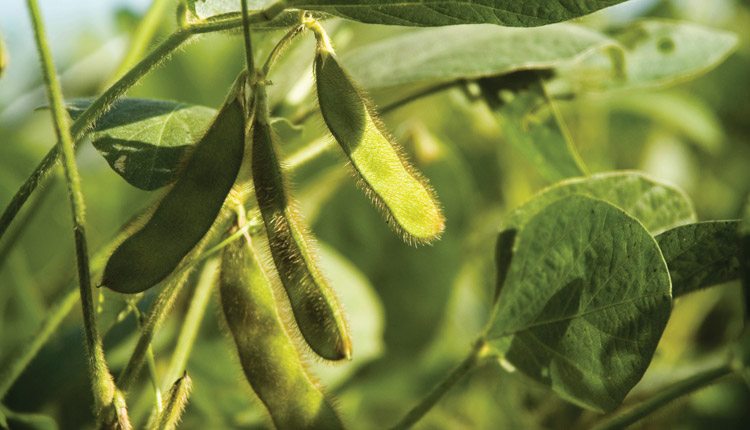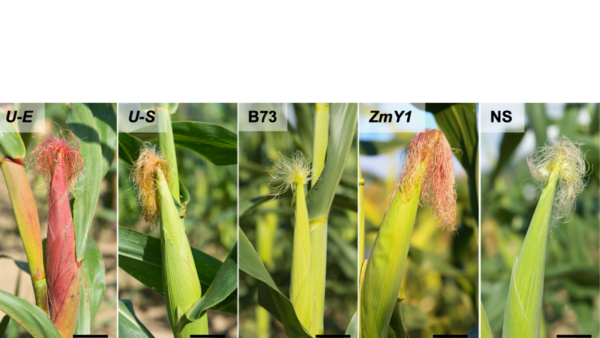On Wednesday, June 3, the U.S. Ninth Circuit Court of Appeals released a decision to vacate three dicamba registrations: Bayer’s XtendiMax, BASF’s Engenia and Corteva’s FeXapan.
Currently, around 60 million acres of dicamba-tolerant soybean and cotton will be affected by this decision.
“We strongly disagree with the ruling and are assessing our next steps,” Bayer says in a release from Thursday, June 4. “We will also await direction from the EPA on actions it may take in response to the ruling.
“Depending upon actions by the EPA and whether the ruling is successfully challenged, we will work quickly to minimize any impact on our customers this season.”
Bayer is currently working on obtaining a new EPA registration for XtendiMax for the 2021 season, and is hopeful they’ll receive the new registration by this fall.
“The Order issued on June 3 by the U.S. Court of Appeals for the Ninth Circuit vacating the registration of Engenia herbicide and two other products is unprecedented and has the potential to be devastating to tens of thousands of farmers,” BASF says in a statement released June 4. “These farmers have counted on over-the-top (OTT) applications of dicamba-based products, including Engenia herbicide, to control resistant weeds across tens of millions of dicamba-tolerant soybean and cotton acres.
“Time is of the essence. Farmers have less than a month to protect millions of acres under threat from resistant weeds that could lead to significant revenue loss in an already challenging season. We are currently reviewing the Order and are waiting on further direction from the U.S. EPA on actions they will take as a result of this Order. We will use all legal remedies available to challenge this Order and we remain committed to serving our customers with safe and effective crop protection solutions, including Engenia herbicide.”
U.S. Secretary of Agriculture Sonny Perdue assures that the U.S. Department of Agriculture is ready to help support farmers during this time.
“Producers need all the tools in their toolbox to produce the world’s food, fuel, and fiber, and USDA re-affirms its support for EPA’s science-based process for assessing and managing ecological risks, balanced against the agricultural and societal benefits of crop protection tools,” he says. “USDA stands ready to assist its federal partners in meeting that goal.”
Sec. Perdue is encouraging the EPA to use any available flexibilities to allow the continued use of already purchased dicamba products, which he says are a critical tool for American farmers to combat weeds resistant to many other herbicides, in fields that are already planted.












